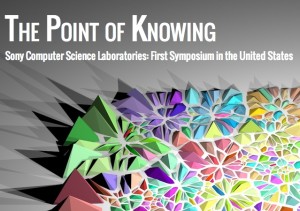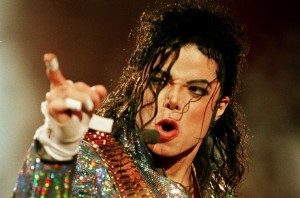And the Computer Played On....
Yesterday the Sony Computer Science Laboratories --Sony’s elite corporate think-tank--gave its first symposium in New York City, at the Museum of Modern Art. As is appropriate for an independent think tank, some of the ideas were visionary to the point of dream-like, such as 3D-printable  gardens. Others were of the ilk that make perfect sense but will be tough to implement in the real world, such as a microgrid power system that used DC rather than AC power plus wind and solar power to create energy-independent neighborhoods. Probably not practical for the developed world, but at the right price, ground-breaking in developing countries where large percentages of the population don’t have electricity to start with.
gardens. Others were of the ilk that make perfect sense but will be tough to implement in the real world, such as a microgrid power system that used DC rather than AC power plus wind and solar power to create energy-independent neighborhoods. Probably not practical for the developed world, but at the right price, ground-breaking in developing countries where large percentages of the population don’t have electricity to start with.
But the most remarkable demonstration for me was very close to Sony’s own home turf: an artificial intelligence system that is able to listen to a musical performer and extract their “style”, rather than recording the actual notes. The system can then create new pieces of music in the style of the performer, or accompany a real musician in the style of a particular accompanist. Researcher Francois Patchet showed examples of a John Coltrane song done in the style of Wagner, a Brazilian ballad performed in the style of the a cappella group Take 6, and an original composition in the style of jazz legend Bill Evans. A good piece in The Atlantic took a more in-depth look at this last month.
Interesting detail: while the software will take bits and pieces of a composer’s work, it is constrained from copying so much as to constitute plagiarism. It’s a fine line, of course, that hip-hop artists have struggled with in the process of sampling over the years. But Patchet took the intellectual property question an additional step. Recorded music, he pointed out, thanks to everything from illegal downloading to low-cost streaming services, is getting to be pretty low-value these days. “The real new asset of value,” said Patchet, “is style.”
additional step. Recorded music, he pointed out, thanks to everything from illegal downloading to low-cost streaming services, is getting to be pretty low-value these days. “The real new asset of value,” said Patchet, “is style.”
I have a feeling that’s a concept that the lawyers over at Sony Music are thinking about right now. Sony co-owns the largest music library in the world, including, oh, the Beatles and Michael Jackson. If a computer is smart enough to listen to the entire Michael Jackson oeuvre, and then write “new” Michael Jackson songs, just where do those royalties go?

